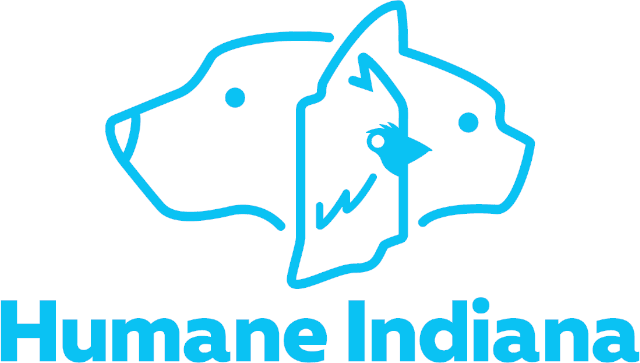About Our Shelter
Finding homes for homeless cats and dogs of all ages is the lifeblood of our Animal Shelter and Adoption Center. You should be here on adoption day when one of our shelter pets is walking out the door to live with their forever family. It’s the happiest day for all involved. Animals bring us so much joy and vice versa!
We really love finding solutions and resources so families can keep their pets; we believe in the preservation of these precious families. If there is no choice but to surrender their pet, people are treated with the utmost empathy. Through our care, we ensure that shelter pets receive proper nourishment, exercise, and enrichment activities during their time with us. However, our goals and impact reach far beyond our shelter doors.
Abandoned and homeless litters of puppies and kittens and their moms are cared for through the help of our generous foster families, and in times of need we offer crisis fostering to pet owners.
We are grateful for our local animal agencies and rescues and for the opportunity to combine our efforts to help provide spay/neuter, vaccinations, and microchipping for adopted pets. Our shelter also works with the public and local government agencies to help control community and feral cat populations with spay/neuter and vaccination services.
-
You can rely on us. For over 80 years, we have been a necessary part of the fabric of Northwest Indiana. Humane Indiana Shelter is a not-for-profit 501(c)3 organization. A progressive, managed admission shelter, we intake by appointment only but also have contracts with municipalities.
By strategically limiting our intake, we maintain our managed admission status. Coupled with our resources, physical structure, and staff capabilities, we are able to help the most animals. Since this procedure’s inception, we found we can receive more animals from local animal controls.
Humane Indiana never euthanizes for space, limited time constraints, or because of breed. We only house dogs and cats for adoption. We believe in and practice Capacity for Care and other progressive sheltering policies which support facilitating responsible husbandry.
“What is the perfect number of animals to have in your shelter at any one time? Too few animals may give the impression that animals are not being helped in the community and willing adopters may walk out of the shelter empty-handed because they could not find a pet. Too many animals lead to needlessly increased costs and length of stay (LOS), compromised conditions for care, and in the worst case scenario, adopters who are so overwhelmed by choices that they do not take any animal home at all.”
- Script taken from the Koret Shelter Medicine Program – Capacity for Care Session – Humane Society United States 2018 Expo
-
When we are working within our capacity for care, all animals’ needs are met and ensured of being given their Five Freedoms:
Freedom from Hunger and Thirst. Ready access to fresh water and diet maintains their health and vigor.
Freedom from Discomfort. Providing an appropriate environment including shelter and a comfortable resting area, animals can rejuvenate.
Freedom from Pain, Injury or Disease. Prevention treatments, rapid diagnosis, and medicines help healing and maintain wellness.
Freedom to Express Normal Behavior. Providing sufficient space, proper facilities, and company of the animal’s own kind.
Freedom from Fear and Distress. Ensuring conditions and treatment that promote mental health avoids unnecessary suffering.
-
When determining our “magic number” of animals we can safely and responsibly take into our care at one time, the following list is considered:
Housing units appropriately sized per species and breed
Medical capacity/resources
Staff capacity
Adoption-driven capacity
Length of Stay (LOS) averages
-
Managed intake/admissions
One of our main goals is to try and keep animals from entering the shelter. We achieve this through various intake programs, policies, and procedures.
Population management
Animal population is managed through daily enrichment, proper nutrition, medical treatment, and behavior treatment plans.
Open adoptions
The perfect home doesn't always exist; however, we believe in finding good homes for our animals by focusing on educating our adopters. We work to find ways to remove any barriers they may have.
Pathway planning
We seek to ensure all animals that cross our path have the best possible outcome by working with other rescues, shelters, agencies, and return-to-the-field and foster programming.
We follow Capacity for Care recommendations provided by the UC Davis Koret Shelter Medicine Program, the Million Cat Challenge, ASPCA, HSUS, and the Association of Shelter Veterinarians Shelter Guidelines.


